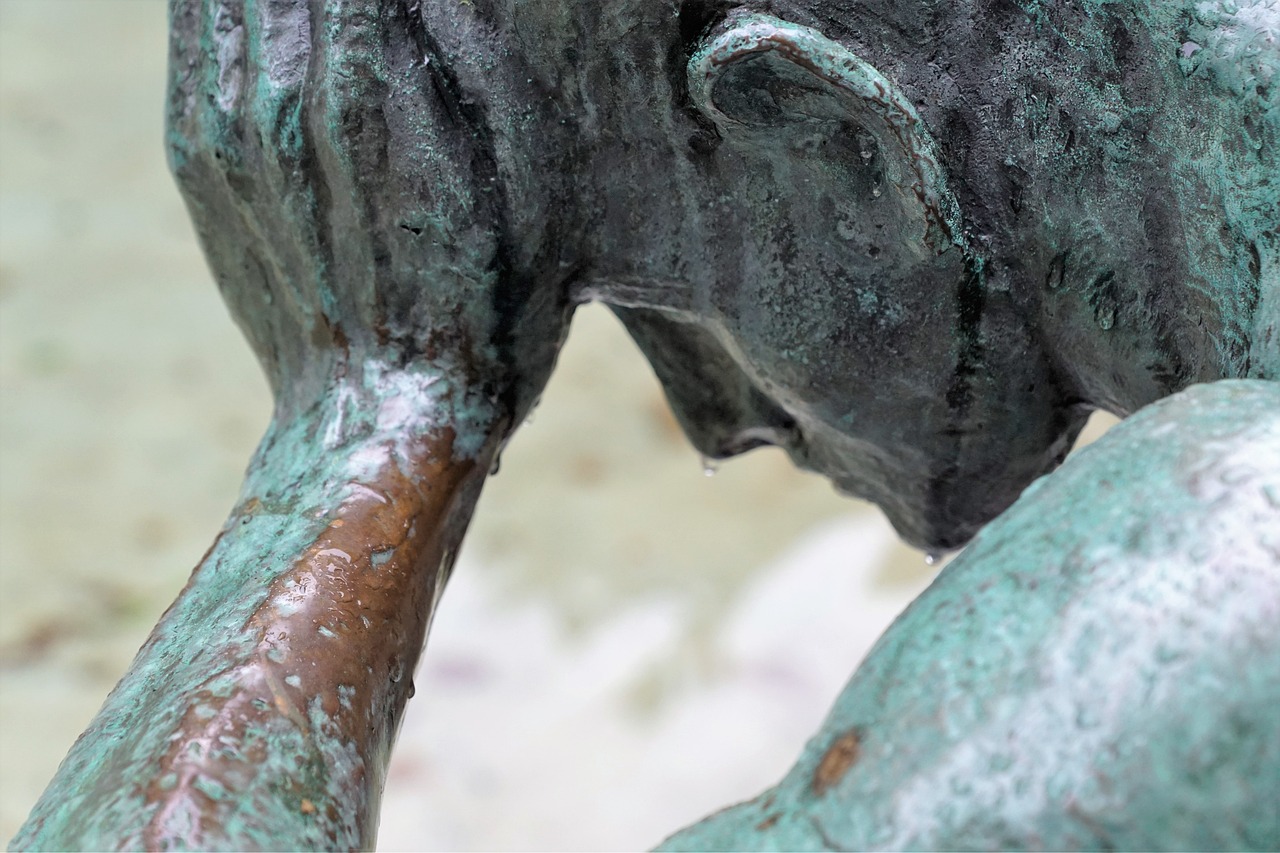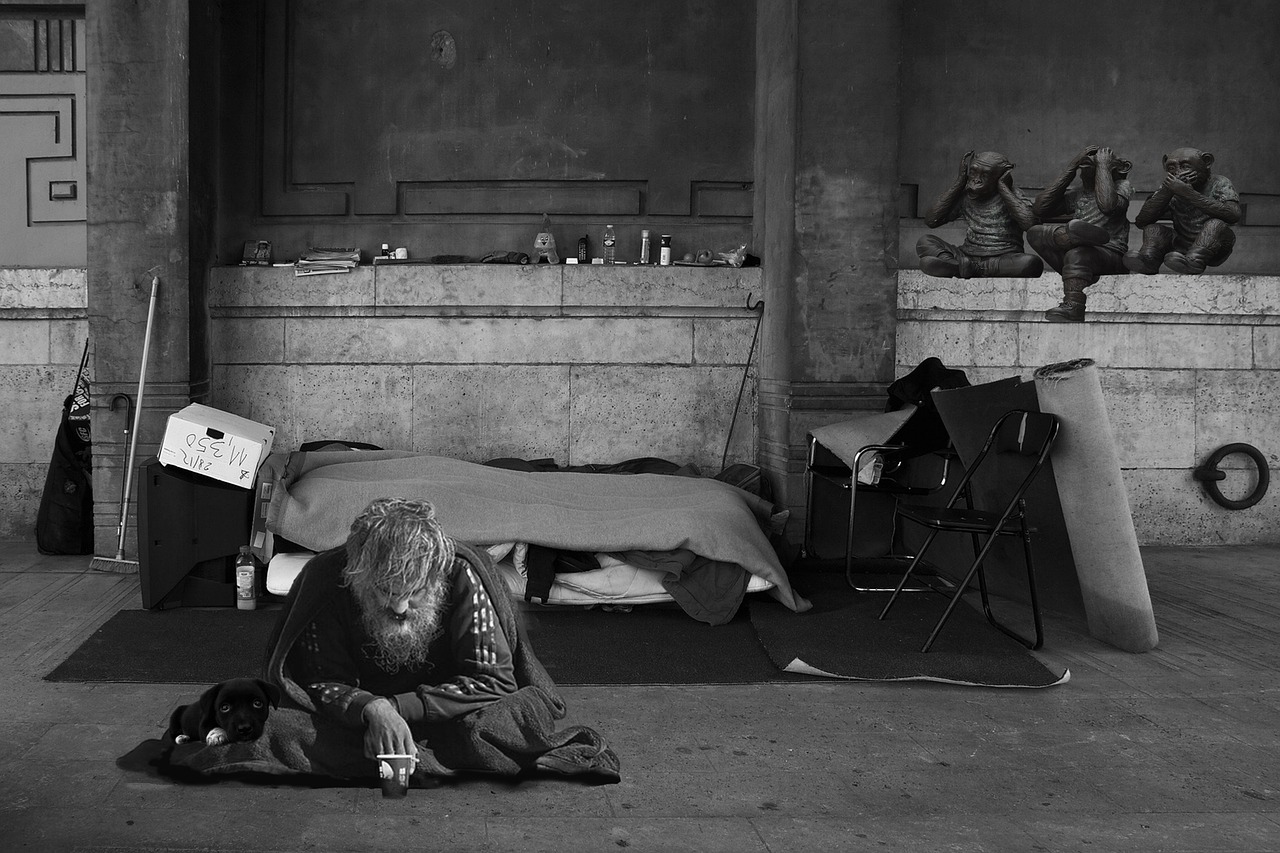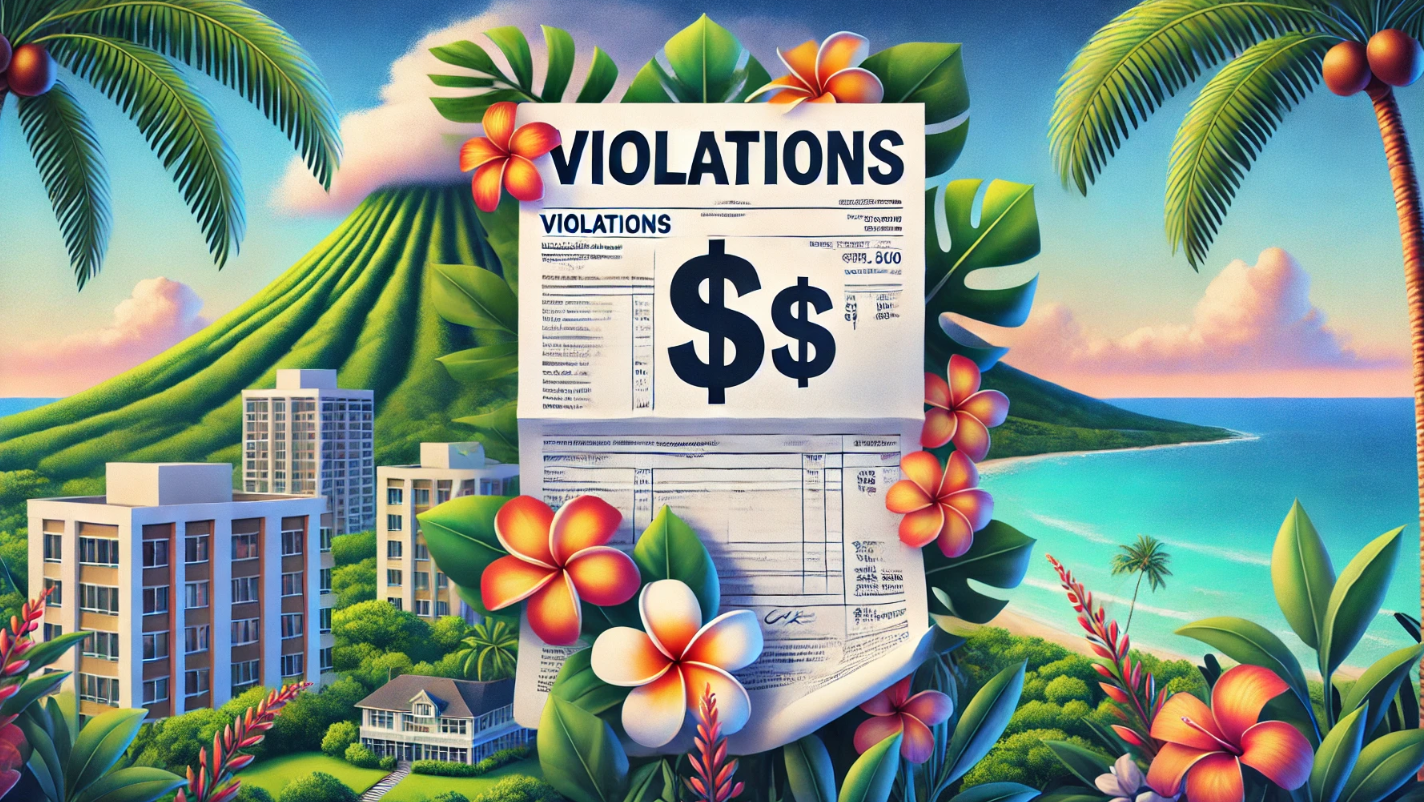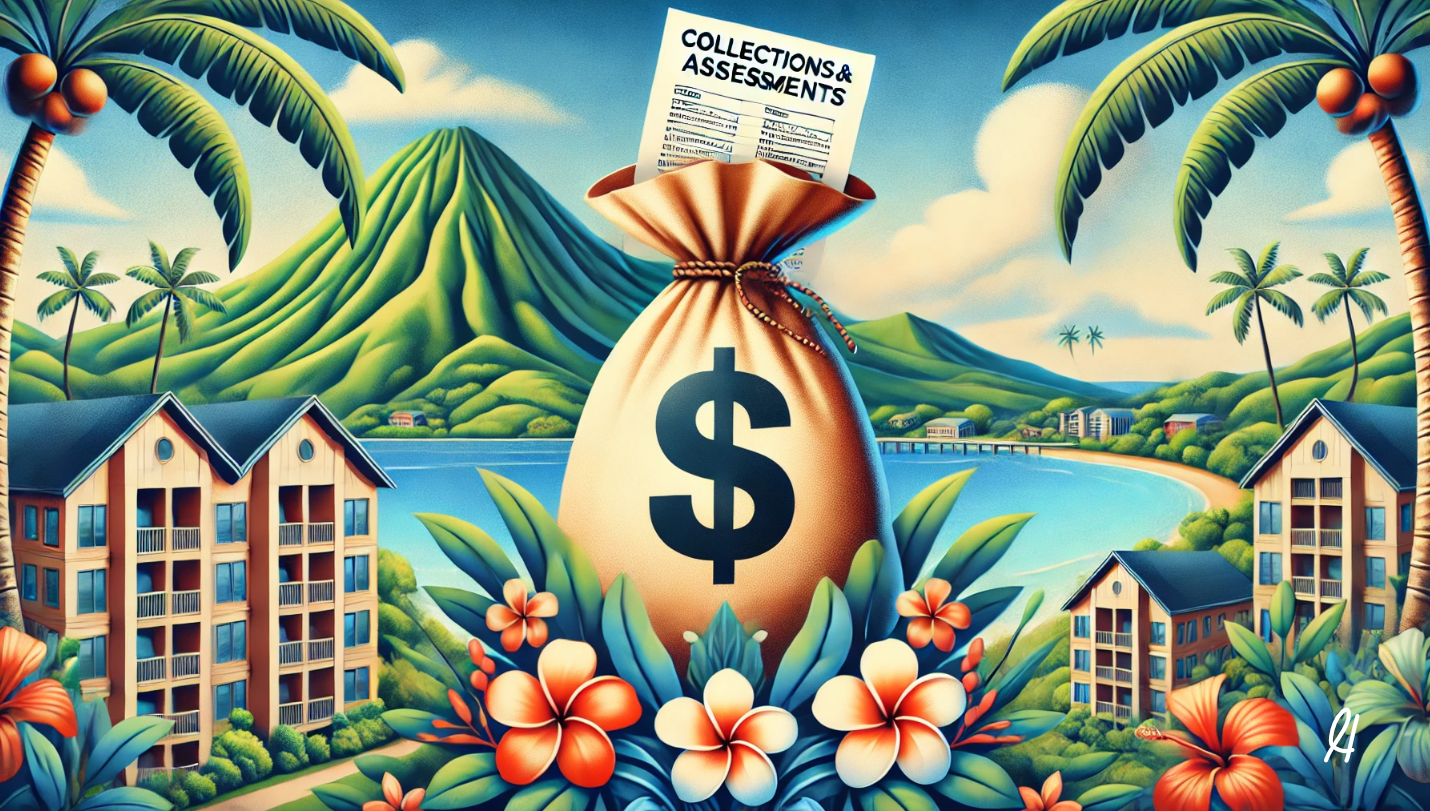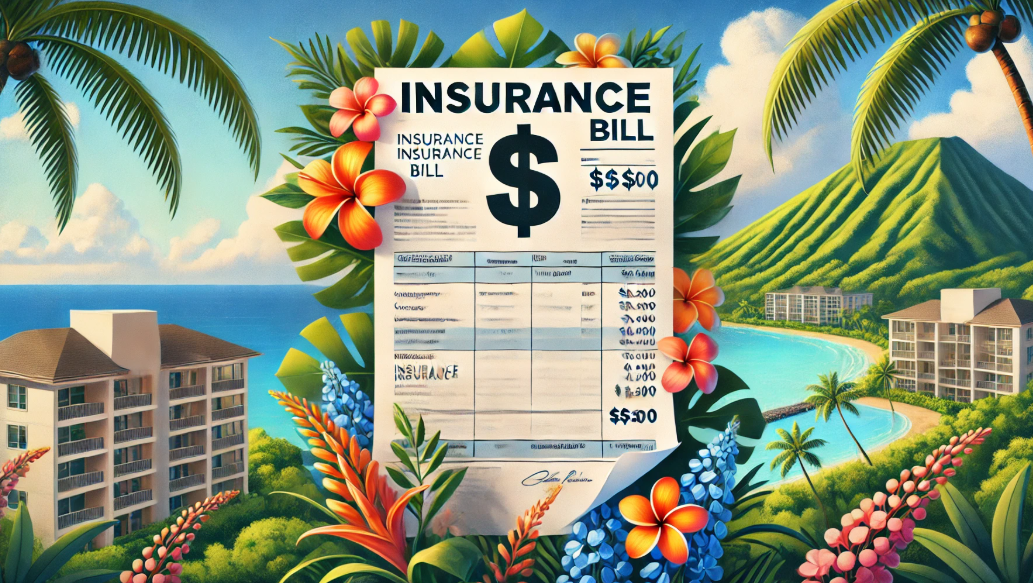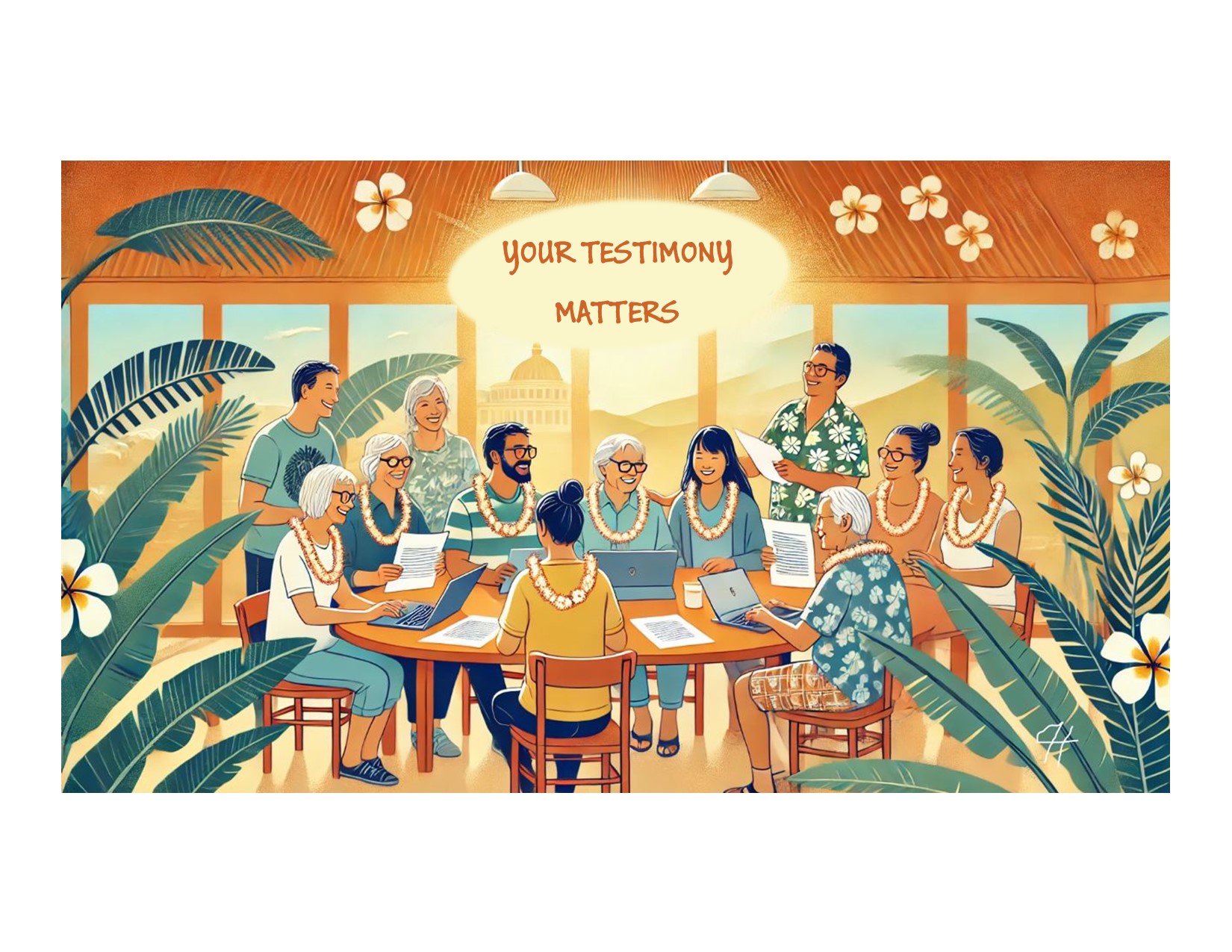Hawaii’s 2025 Legislative Session brought forward over 50 “condo related” bills. We have evaluated them to see how they impact owners and residents living in condos and shared communities. The following considerations were based off the meta-analysis of all bills listed on our Bill Tracker spreadsheet!
TESTIMONY IN OPPOSITION TO HB807 SD1
Position: OPPOSE UNLESS AMENDED
RE: HB807 SD1 – RELATING TO CONDOMINIUMS
This testimony is offered in strong opposition to HB807 SD1 unless amended to include meaningful protections for condominium owners and associations against long-term financial risk, control loss, or asset encumbrance resulting from the lending structures authorized in this bill.
 OVERVIEW: WHAT THIS BILL DOES
OVERVIEW: WHAT THIS BILL DOES
HB807 SD1 establishes two programs:
- A direct loan program for condo associations to finance critical repairs (e.g., fire systems, plumbing, roofing).
- A loan loss reserve program to incentivize third-party lenders, backed by a State-funded reserve account.
Though well-intentioned, the bill lacks essential safeguards to prevent predatory lending, long-term indebtedness, and financial manipulation of aging condominium communities.
 KEY CONCERNS
KEY CONCERNS
- Reserve Accounts & Collateralization Risks
The bill authorizes the Hawaii Green Infrastructure Authority (HGIA) to create reserve accounts held by private lenders (community development financial institutions or CDFIs), which can be used to reimburse lenders for loan defaults- The State retains ownership of these funds, but the CDFIs can recover default losses, raising questions about who ultimately bears the risk—and how associations’ assets might be leveraged or encumbered.
- Absence of Borrower Protections
HB807 does not require homeowner consent, transparency in lending terms, or independent legal counsel for condo boards. This creates a ripe environment for uninformed debt agreements and hidden liens on common property or association assessments. - Risk of Losing Local Control
Loans may be sold on the secondary market with the consent of HGIA. This provision opens the door for outsiders to hold leverage over condo properties, potentially altering how maintenance, insurance, or governance decisions are made.
 RELEVANT SCHOLARLY & PRACTICAL WARNINGS
RELEVANT SCHOLARLY & PRACTICAL WARNINGS
The Great Taking by David Webb
This book outlines how financial instruments like trust accounts and collateral arrangements are used globally to strip individuals and communities of asset control. HB807 SD1 creates similar conditions—State-secured loans via third parties, backed by reserve accounts that could grow into structures of financial dependence and foreclosure risk if defaults occur.
The Great American Neighborhood by Evan McKenzie
McKenzie describes how boards can be manipulated into debt under the pressure of emergency repairs or deferred maintenance. These debts are often packaged by private lenders and used to influence land use or voting control. HB807 SD1 incentivizes condo boards to borrow without homeowner checks and balances—a textbook example of the risk McKenzie warns against.
Privatopia by Evan McKenzie
This foundational work shows how HOAs and condo associations become vulnerable to exploitation due to their corporate structure. Debt instruments—like the ones authorized under HB807—can accelerate the erosion of democratic control and lead to property “takeovers” by investor interests.
HOA Warrior series by Shelly Marshall
In these anecdotal but widely echoed accounts, property managers and lenders collude to lock associations into debt-based contracts, ultimately resulting in loss of owner control and rising fees. Without mandatory owner approval or oversight, HB807 opens the same door.
 SUGGESTED AMENDMENTS TO PROTECT CONDO OWNERS
SUGGESTED AMENDMENTS TO PROTECT CONDO OWNERS
- Require majority owner approval before any loan is executed or renewed.
- Prohibit resale of loans on the secondary market without full owner consent and public disclosure.
- Mandate third-party legal counsel and financial disclosure review for any board entering into a loan.
- Disallow liens or encumbrances against units or common areas without explicit homeowner authorization.
- Publicly audit all CDFIs participating in the program and disclose full lending terms to unit owners.
 CONCLUSION
CONCLUSION
While HB807 SD1 seeks to address urgent maintenance needs, it risks creating a system of debt-based dependency. The financial mechanisms in this bill mirror real-world examples—documented in The Great Taking, Privatopia, and other sources—where control of property shifts from residents to financiers.
If passed without amendment, HB807 SD1 may solve one crisis (infrastructure) by creating another (ownership insecurity). I urge the Legislature to revise this measure to include transparent, owner-centered protections—or defer it entirely until safeguards can be added.

